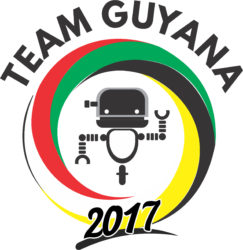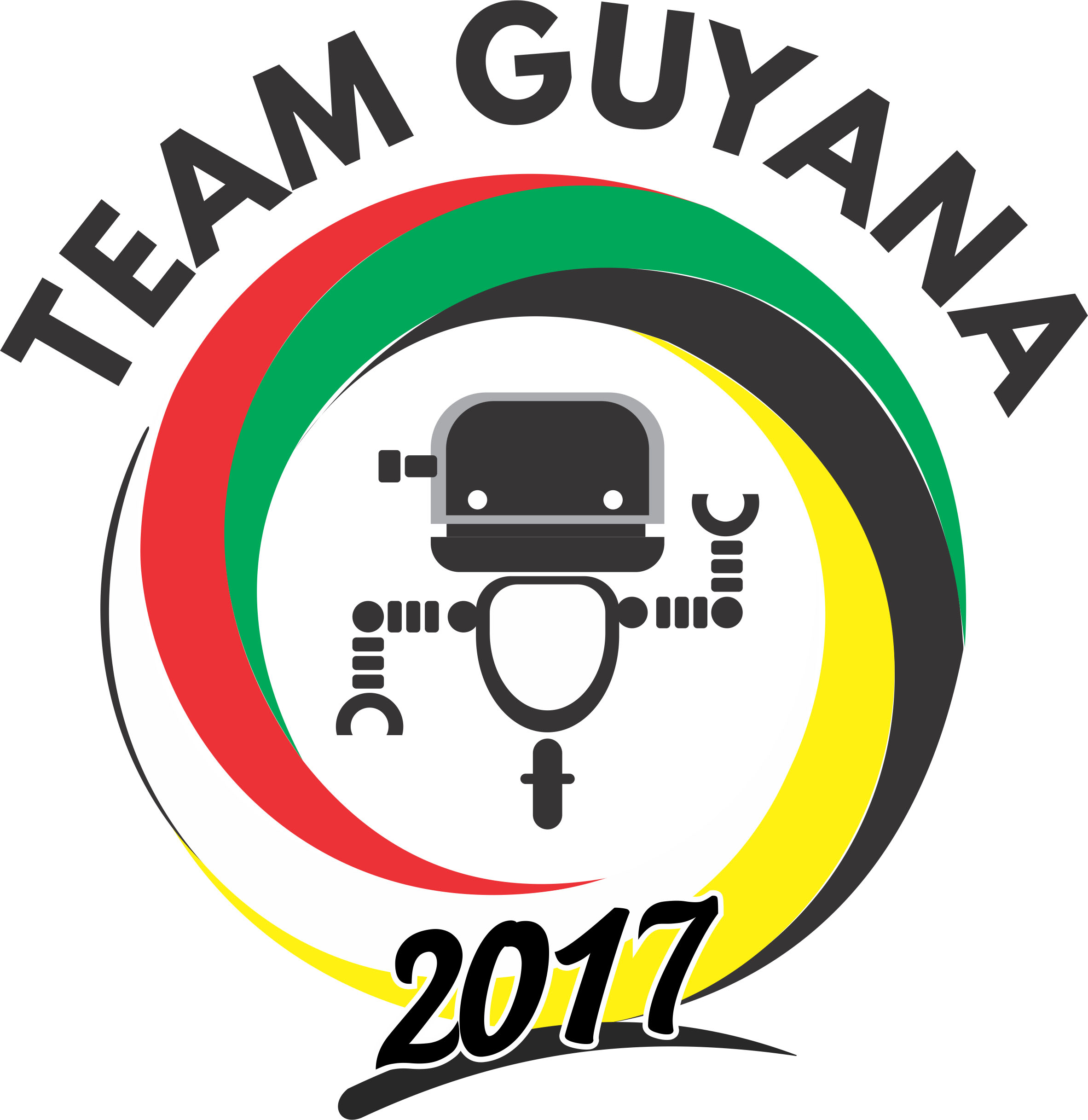The mission of the First Global Challenge is to inspire science and technology leadership and innovation in young people from all nations in order to enhance understanding, instill the importance of cooperation, address the world’s most pressing issues, and improve quality of life for all.
This culminates with an international robotics game that rotates among different nations each year. It aims to show the youth of the world that if they communicate, cooperate, and work together using the tools of science and  engineering to find solutions to the world’s grand challenges – water, energy, security, medicine, food, and education – they will be able to accomplish great things and become part of a truly global community.
engineering to find solutions to the world’s grand challenges – water, energy, security, medicine, food, and education – they will be able to accomplish great things and become part of a truly global community.
The First Global Challenge will address one of the 14 grand challenges identified by the national engineering academies of the United States, United Kingdom, and China. Each year, a different issue of global importance will take centre stage as the theme of that year’s First Global Challenge, which will be held in a different nation across the world. In recognition of this year’s challenge’s importance and applicability to all nations, access to clean water will be the focus for the inaugural First Global Robotics Challenge.
This year’s robotics challenge will reflect how we need to cooperate as a global society to solve the water crisis. Teams representing over 100 different countries will be organized into two competing alliances; each alliance will be composed of three national teams that rearrange into different alliances for each match. These alliances are tasked with accomplishing engineering tasks such as the storing of drinkable water, filtering of contaminated water, and procuring of new sources of water. Pollutants in the water will need to be separated, and clean water will need to be brought to each team’s reservoir within the allotted time.
There will also be a group task at the end of each round where all teams will work together to accomplish a common goal. Therefore, First Global competitors will need to design their robot to: (1) complete a variety of engineering tasks focused on access to clean water; and (2) best cooperate in international robot alliances that have a variety of skills to accomplish these tasks because alliances that cooperate the best will be most prepared to succeed.









